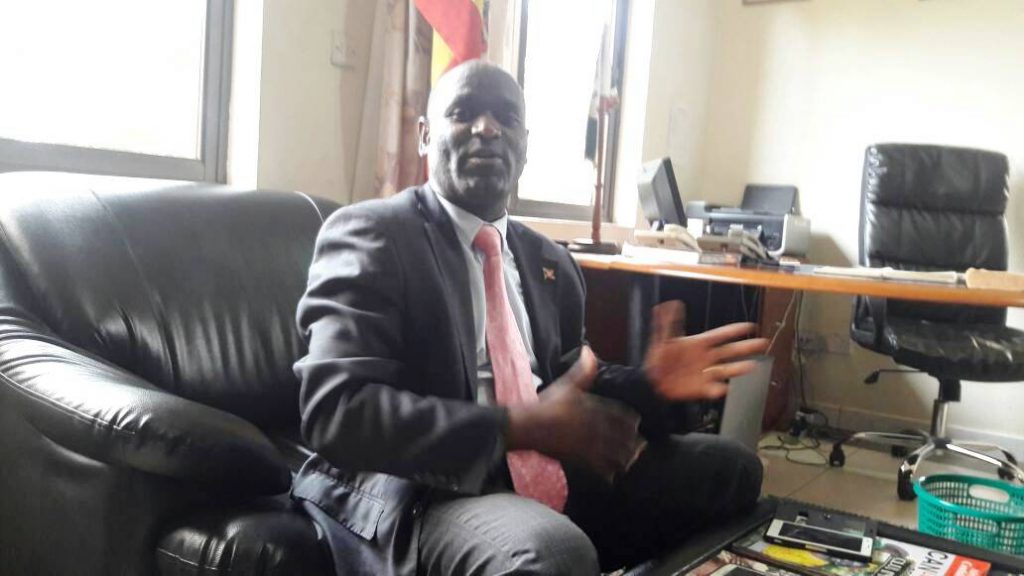In the wake of an increasing political crisis, Ambassador Jean Bosco Barege has shed light on the complexities of Burundi politics maintaining that foreign influence is a major factor in ripping apart the country.
In an interview with this website, Barege recaps that the crisis in Burundi has always been generated by foreigners even before the country attained its independence in 1962.
Background
Burundi was colonised by Germany in 1986 but after the 1st world war, Belgium took over and the citizens were then subjected to harsh terms as colonialists compelled them to pay taxes.
Burundians were forced to flee to neighbouring Uganda seeking asylum.
While in Uganda they started working in sugarcane plantations and were nicknamed ‘manamba.’
In 1959 prince Loius Rwagasore came back from Belgium and started a political party which later led to Burundi’s independence.
Ambassador Barege says that unfortunately Rwagasone didn’t enjoy the fruits of his sweat as he was assassinated before independence.
“The aim of killing him was to create enmity between two tribes,” Barege said.
He adds that the succession has always been difficult from that day when Rwagasone was murdered till to date.
“The country was divided into political classes and until now people are divided. This was the strategy of foreigners who wanted to divide and rule,” he said.
Achievement
However, Barega indicated that despite the political divisions, the country continues to develop tremendously and has reached a milestone.
“The infrastructure has been built. The roads that connect to Bujumbura have tarmac. The military has turned out to be strong in the region that is why Burundi sends its army in Somalia, S. Sudan, Central Africa Republic to keep peace. Burundi has one public university and several other private institutions. All this never existed before independence,” he said.
Conflict
The colonial ‘ghost’ is still haunting the country.
From the years of 1961, 1965, 1969, 1971 and 1972, Burundi was under civil war orchestrated by the Belgians after collaborating with minority Tsusti tribe to harshly rule the nation.
He further explained how in 1993 more so than any before, Burindi faced another war after President Melchior Ndadaye was assassinated three month having been elected into power.
After 10 years of fighting, in 2003 a ceasefire agreement was signed on November 16.
In 2005 elections were organised and the ruling party CNDD-FDD led by President Pierre Nkurunziza won elections.
However in 2015, another crisis broke out after the constitutional court cleared Nkurunziza to extend presidential term.
The decision by court, according to Barega had no appeal and therefore some selfish politicians alongside civil society organisations ganged up against Nkurunziza.
The suppressed with the help of foreigners fled the country before EU imposed economic sanctions on the country.
The government however insists that the radicals who fled the country can only be forgiven if they agree to be prosecuted for the crime committed which EU is against.
Many opposition leaders under CNARED are currently in exile, but in February some of the politicians perceived to be critical of Nkurunziza’s government came back home and revealed how CNARED’s aim is to overthrow government.
The five leaders who include Mathias Basobese, Alice Nzomukundi and Ambassador Felix have since participated in the preparations for 2020 presidential elections.
Burundi will tomorrow celebrate its independence.
Barege appealed to Burundians in Uganda to converge at Imperial Royale and join the country in the jubilations.
